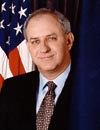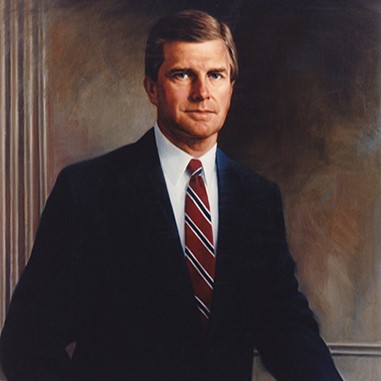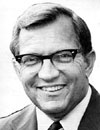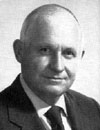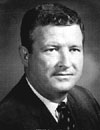South Carolina
Gov. Franklin J. Moses
- December 7, 1872 - December 1, 1874
- Republican
- January 1, 1838
- December 11, 1906
- South Carolina
- South Carolina College
- Married Emma Buford Richardson (divorced 1878)
- Army, National Guard
About
FRANKLIN J. MOSES (nee Franklin I. Moses) was born in Sumter District, South Carolina. He attended South Carolina College and went on to study law, winning admission to the South Carolina Bar. He was appointed private secretary to South Carolina Governor Francis Pickens in 1860. During the Civil War he was appointed an enrolling officer under the Confederate Conscription Act, holding the rank of Colonel. He edited Sumter News from 1866 to 1867, and was elected a vestryman of the Sumter Episcopal Church in 1867. He was a delegate to the 1866 South Carolina Convention called to endorse President Andrew Johnson and was elected to the South Carolina House of Representatives in 1867, at the same time serving as Adjutant and Inspector-General of the state’s armed forces and as a trustee of the State University. Although surrounded by charges that he misappropriated state funds and accepted bribes and committed indiscretions in his private life, he was elected governor in the Fall of 1872. South Carolina’s credit during his gubernatorial term reached an alarming state of insecurity, which the legislature–called into session by Moses–resolved by simply annulling nearly $6 million worth of recent bonds, forcing bond holders to accept 6 percent interest. After a second state Taxpayers’ Convention met in 1874 and asked Congress for relief, Moses was indicted but escaped trial by winning a legal ruling that he could not be prosecuted while in office. He was not renominated for a second term and was denied a seat as circuit judge by his gubernatorial successor despite having been elected to the position by the state legislature. He later succumbed to drug addiction and was convicted several times of petty fraud and theft but was pardoned.
Source
Sobel, Robert, and John Raimo, eds. Biographical Directory of the Governors of the United States, 1789-1978, Vol. 4. Westport, CT: Meckler Books, 1978. 4 vols.
The National Cyclopaedia of American Biography, Vol. 12. New York: James T. White & Company.




